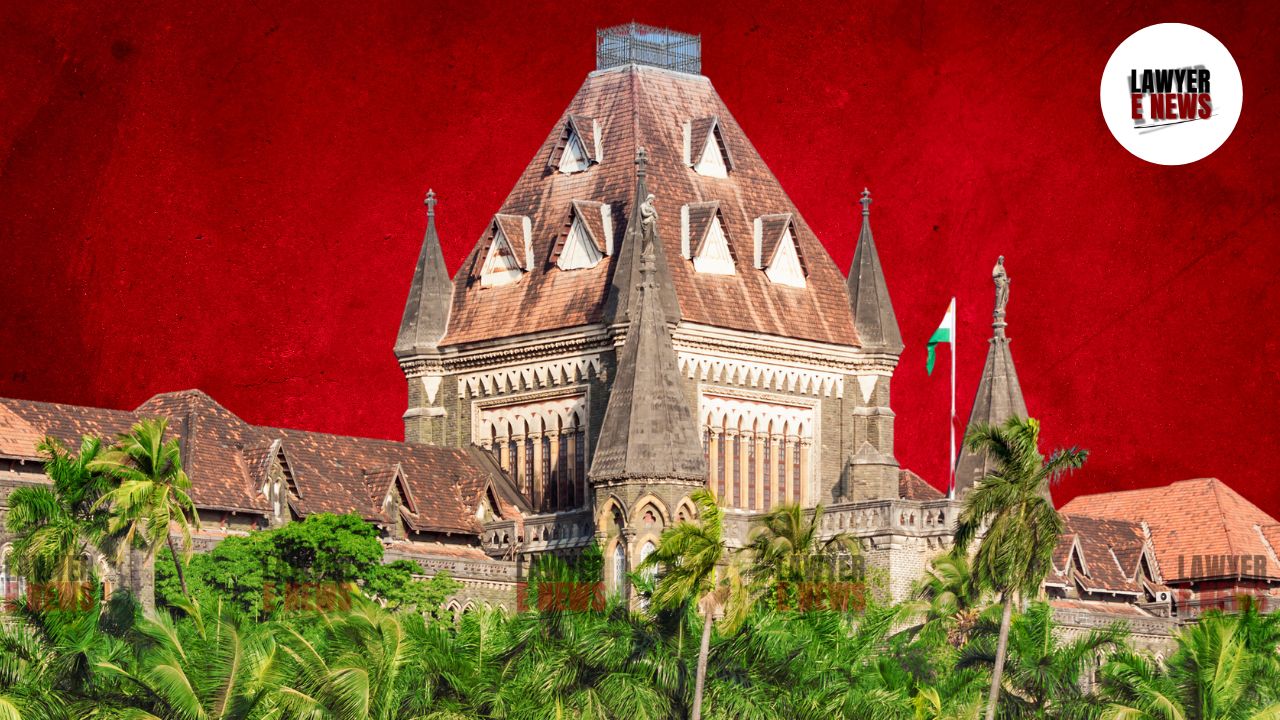-
by Admin
15 February 2026 5:01 PM



Strong Suspicion Justifies Framing of Charges Even in Absence of Proof at Trial Stage - Bombay High Court. Justice Y.G. Khobragade dismissed a writ petition challenging the rejection of the petitioner’s discharge application under Section 239 of the CrPC, holding that prima facie evidence of conspiracy and forgery existed to frame charges against the petitioner, a practicing advocate, in a land fraud case involving government-owned land.
The court observed that "at the stage of framing charges, defense cannot be considered, and even strong suspicion founded on material can justify proceeding with the trial."
The case pertains to a land parcel in Survey No. 574, initially owned by the Municipal Council, Parbhani, and later transferred to the Government Industrial Training Institute (ITI), Parbhani, through a series of lawful transactions dating back to 1966. However, despite the transfer, the revenue records were not updated, and the names of the original owners, the father of co-accused Nos. 13 and 14, remained in the mutation entries.
The petitioner, Sujit Deshmukh, along with other accused, allegedly conspired with co-accused Nos. 13 and 14 to execute fraudulent sale deeds based on the outdated revenue entries. The fraud purportedly involved forging documents, publishing misleading notices in newspapers, and transferring the land to private parties, causing wrongful loss to the government.
The petitioner argued that the charges were baseless and the dispute was purely civil. However, the court held that the materials on record, including statements and documents, established prima facie evidence of offenses under Sections 420 (cheating), 468 (forgery for cheating), 471 (using forged documents as genuine), and 120-B (criminal conspiracy) of the IPC.
The court noted, “The accused acted by illegal means and conspired to prepare fraudulent mutation entries in the name of accused Nos. 13 and 14, knowing the land was already transferred and owned by the Government ITI.”
The petitioner, a legal practitioner, was found to have actively participated in the conspiracy by representing accused Nos. 13 and 14 in legal proceedings and filing a civil suit seeking injunction against the government. The court remarked:
"The actions of the petitioner, who knowingly aided in executing fraudulent sale deeds, not only constitute a criminal offense but also amount to professional misconduct."
The petitioner also sought to equate the dismissal of his discharge application with a quashing application under Section 482 CrPC. Rejecting this argument, the court clarified:
"The grounds for quashing proceedings and those for allowing or disallowing a discharge application are entirely distinct."
The court relied on precedents, including Md. Ibrahim v. State of Bihar and Union of India v. Prafulla Kumar Samal, emphasizing that at the stage of framing charges, the court only needs to assess whether there is sufficient material to presume the commission of an offense.
Discharge Application Dismissed at Two Levels: Both the Magistrate and Sessions Judge had earlier dismissed the petitioner’s discharge application, observing that the petitioner, despite knowing the land belonged to the government, executed fraudulent sale deeds and filed civil suits to claim ownership.
Material on Record: The court highlighted key evidence, such as the petitioner’s knowledge of the government’s ownership, fraudulent mutation entries, and the sale deeds executed by the accused.
Professional Misconduct: The court found the petitioner’s role in aiding and abetting the fraud unbecoming of a legal practitioner, noting that his actions demonstrated a deliberate intention to deceive.
Relevant Legal Principles: The court reiterated that at the stage of framing charges, defense arguments cannot be considered, and the test is whether the material creates "grave suspicion" of an offense.
The Bombay High Court dismissed the writ petition, ruling that there was sufficient material to proceed with framing charges against the petitioner. It further noted that the trial, pending since 2015, should be expedited in the interest of justice."Mutation entries in revenue records neither create nor extinguish title to the property. Any reliance on such entries for fraudulent purposes cannot shield the accused from prosecution."
Date of Decision: December 10, 2024
